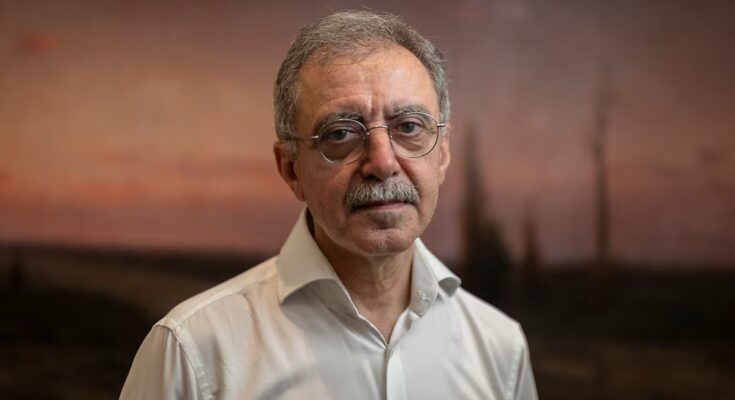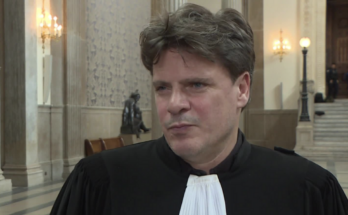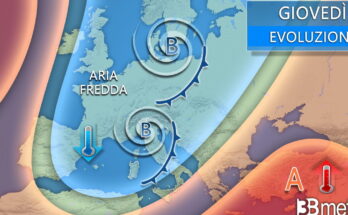More than two years have passed since the appointment of Manuel Borja-Villel (Burriana, 68 years old) as the person who will have to revolutionize Catalan museums caused a lot of commotion and polarization, with great hopes and great reluctance within the sector. After the exhibition closed last October Fabulous landscapes, The curator ends his contract as museum consultant to the Generalitat of Catalonia, after much controversy. As he advanced The avant-garde and confirmed to EL PAÍS, he will end his contract next December, two months earlier than expected, and will return to Madrid once the conclusions of the Museu Habitat project have been presented.
After having directed the Fundació Tàpies, the Macba and the Reina Sofía Museum, where he became the protagonist of the cultural battles against part of the Madrid right, Borja-Villel returned to Barcelona in 2023 as a world reference in the museum field on the proposal of the Generalitat of Catalonia, then presided over by Pere Aragonés, and Jordi Martí as Councilor for Culture in the Municipality of Barcelona. The task was to lead the “temporary program for the development and insertion into the art museum system of the expansion and promotion project of the National Art Museum of Catalonia” (MNAC), as well as the rearticulation of the Catalan museum system. The arrival created confusion and reluctance among professionals, critics and heads of institutions, because it was unclear how far his powers extended and, ultimately, the commissioner dissociated himself from the MNAC project.
His intervention in Catalan museums ended up taking the form of the Museu Habitat project, a broad program of activities and publications culminating with the exhibition Fabulous landscapes, which he edited together with Lluís Alexandre Casanovas and Beatriz Martínez Hijazo.
The main idea of both the project and the exhibition is that the “encyclopedic museum” must give rise to the “inhabited museum”, a critique of the narrative that museums have historically used to benefit the elites and silencing the rest. The museological proposal followed an ecological, feminist and decolonizing line that broke with the usual linearity in a museum to rethink its function.
In the statements for Notebooks Last June Borja-Villel said: “In Catalonia there is an excellent network of museums that in Madrid want to copy. But this generally leads to opposition to change, which means that the excellent ideas launched are not put into practice.” The exhibition which took place at the Palau Victòria Eugènia in Montjuïc and at the Palau Moja between June and October this year had ambivalent reactions, even controversies on social networks, from complaints of excessive exhibition heat, dangerous for the correct conservation of the works, to the recognition of moving the discussion into a decolonizing framework.. Borja-Villel spoke of a “cultural battle” in a criticism based more on his person than on the proposal. Both the commissioner and the minister of culture Sònia Hernández insist that the moment of evaluations will be when the conclusions still under development are presented, while Jordi Martí states that “it would be a mistake not to exploit the lines of reflection opened by the Borja-Villel project now that Catalonia is faced with the challenge of rethinking the great expansion of the MNAC”.



